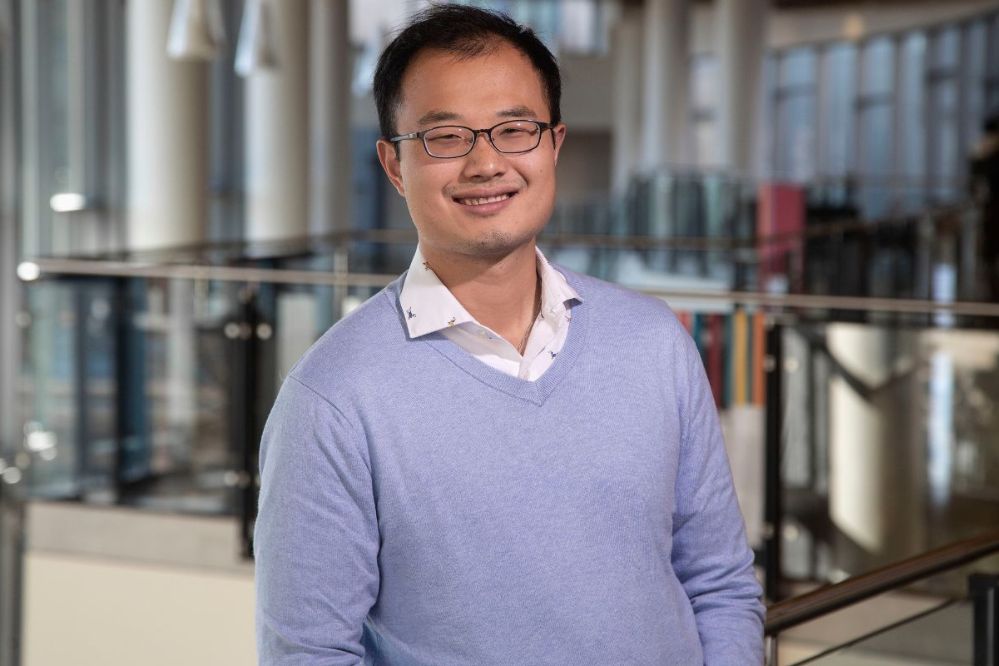Reflecting on the tenets that shape our educational practices is fundamental for …
Rules of the game changed by committee
Emma Wordsmith

Raymond Wang, a graduate student studying political science, hails from Hong Kong and has firsthand experience of the upheaval resulting from China’s acquisition of the former British colony. Reflecting on this, Wang ponders the complexities of living harmoniously with neighbors and seeks to understand how global powers like China maneuver international rules in various sectors to achieve their objectives.
His research delves into the escalating competition between the U.S. and China, aiming to provide a more nuanced perspective on China’s behavior within this dynamic. He emphasizes the importance of comprehending China’s actions to prevent worst-case scenarios in U.S.-China relations.
One focal point of Wang’s research is the trade war between the U.S. and China. While the U.S. accuses China of flouting World Trade Organization rules, Wang argues that China strategically navigates these regulations to its advantage. He highlights the complexity surrounding categorizing state-owned enterprises as “public bodies” under WTO guidelines, a contentious issue that affects various economies globally.
Wang’s study underscores China’s cautious opportunism in adhering to existing rules while adapting them creatively to suit its objectives. He argues that rather than introducing entirely new frameworks, China prefers to reshape current systems to align with its interests, emphasizing strategic continuity over radical change.
In his pursuit of understanding rising powers’ strategies within international organizations, Wang conducts in-depth interviews with key stakeholders involved in disputes. These interviews, spanning locations like Geneva, Singapore, Tokyo, and Washington, provide valuable insights into the nuances of global governance dynamics.
As Wang expands his research into maritime governance issues, particularly in the South China Sea, he explores how nations like China navigate sensitive conflicts. His approach emphasizes the importance of maintaining stability and seeking diplomatic solutions to avoid escalating tensions.
Wang’s extensive research efforts, combined with his collaboration on China’s Belt and Road Initiative, illustrate his commitment to enhancing policy discussions and fostering mutual understanding between nations.
Reflecting on his experiences growing up in Hong Kong and studying in diverse cultural settings, Wang is motivated to explore the systemic factors influencing international behavior. His academic journey, from St. Andrews to the Middlebury Institute and now at MIT, reflects his dedication to addressing complex global challenges.
As Wang continues his work on managing U.S.-China relations and the implications of technological competition, he remains optimistic about the potential for diplomacy to mitigate tensions and promote transparency. By advocating for strategic empathy and informed policymaking, Wang envisions a more stable and cooperative future in international relations.



